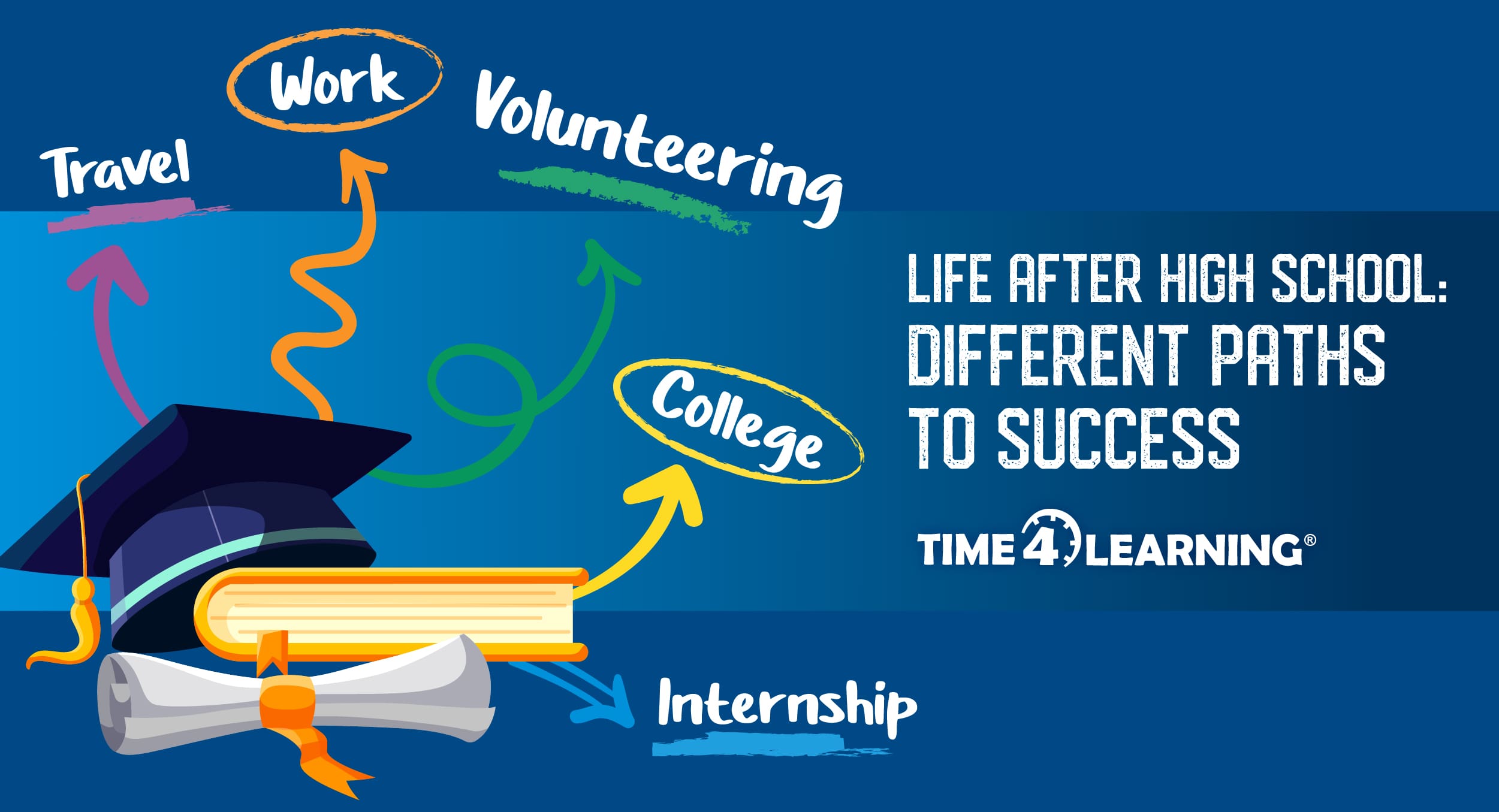
Secondary education, typically spanning grades 7-12, plays a crucial role in shaping students’ academic and personal development. It serves as a bridge between primary education and higher learning, providing students with a solid foundation for future academic and career pursuits.
Key Features of Secondary Education
- Expanded Curriculum: Secondary education introduces students to a broader range of subjects, including mathematics, science, language arts, social studies, foreign languages, and vocational or technical education. This expanded curriculum helps students explore their interests and develop a well-rounded education.
- Preparation for Higher Education: Secondary education prepares students for the rigors of higher education. Students are exposed to more challenging academic content, develop critical thinking skills, and learn how to effectively manage their time and workload.
- Personal and Social Development: Secondary education fosters personal and social development. Students have opportunities to participate in extracurricular activities, clubs, and sports, which help them build relationships, develop leadership skills, and learn valuable life lessons.
- Career Exploration: Secondary education provides students with opportunities to explore different career paths and develop the skills and knowledge needed for future employment. This may include vocational training, internships, or job shadowing experiences.
Challenges and Opportunities
Secondary education faces several challenges, including:
- Academic Rigor: Ensuring that all students are adequately prepared for the challenges of higher education requires rigorous academic standards and effective teaching methods.
- Equity and Access: Ensuring equitable access to quality secondary education for all students, regardless of their socioeconomic background, race, or ethnicity, is a major challenge.
- Teacher Shortage: Many countries face a shortage of qualified secondary school teachers, which can impact the quality of education students receive.
- Relevance: Ensuring that secondary education curricula are relevant to the needs of the 21st century and prepare students for the workforce requires ongoing evaluation and adaptation.
Despite these challenges, secondary education offers significant opportunities for students to achieve their academic and personal goals. By providing a strong foundation for future learning and development, secondary education plays a vital role in shaping the future of individuals and societies.

